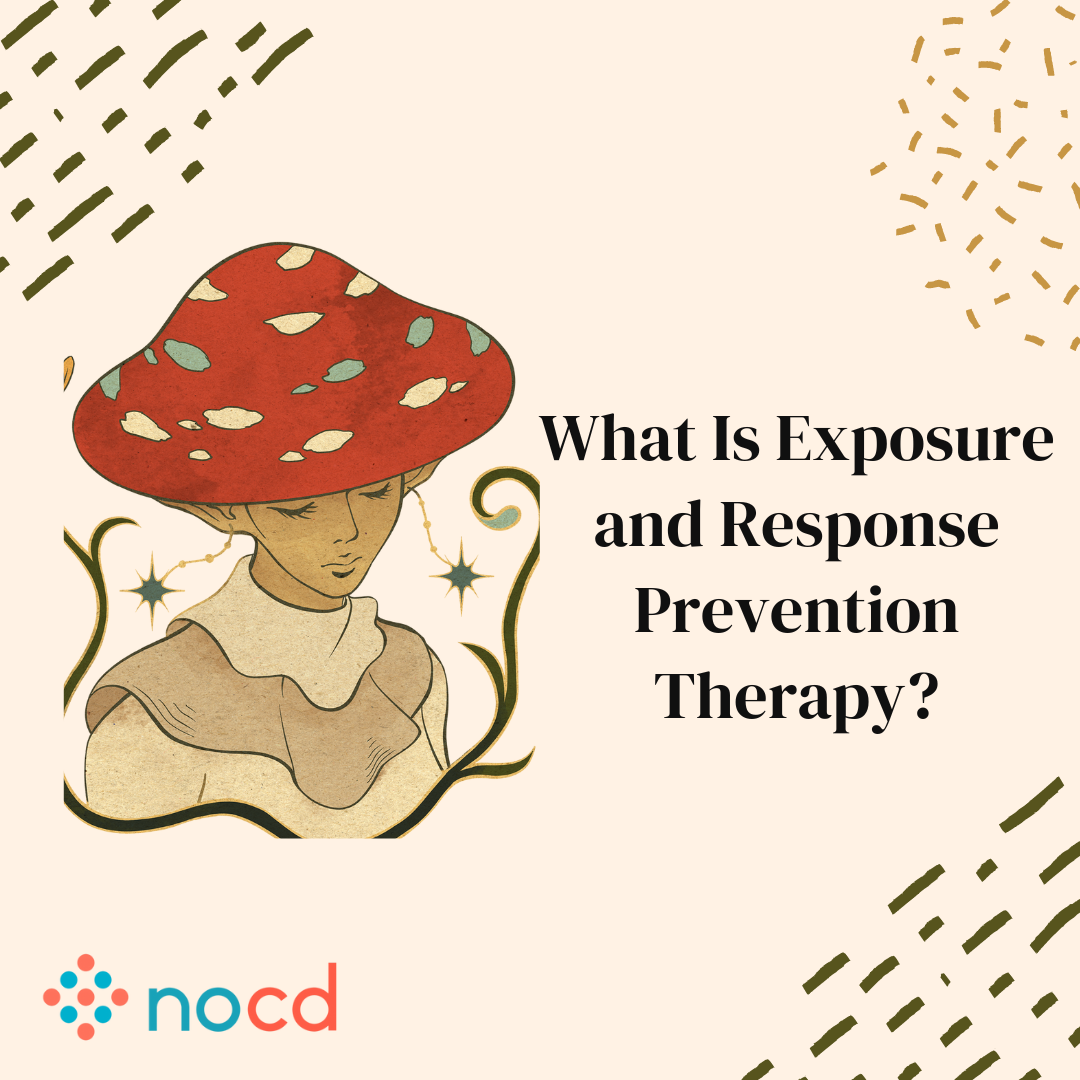Motivational enhancement therapy (MET) is a brief therapeutic approach that uses a client-centered lens to improve the client’s drive and motivation for personal change. It’s effective for those who participate in high-risk behaviors like substance misuse or those who have a history of drug addiction and alcoholism. It’s often used in conjunction with other therapy modalities.
Find the perfect therapist for you, with BetterHelp. If you don’t click with your first match, you can easily switch therapists. BetterHelp has over 20,000 licensed therapists who provide convenient and affordable online therapy. BetterHelp starts at $65 per week. Take a Free Online Assessment and get matched with the right therapist for you.
What Is Motivational Enhancement Therapy?
Motivational enhancement therapy (MET) is a form of psychotherapy that helps clients work through their desire and commitment to engage in therapy, removing the barriers that are keeping them from making healthier decisions. It’s a fast-paced approach aimed at rapid change so clients have the internal motivation for ongoing change. MET is brief and lasts no more than 5-6 sessions.1
The core concept of MET is the use of negotiation instead of conflict. Negotiation is non-threatening and helps clients explore and address their ambivalence about changing their behavior without making them more resistant. It aims to help them tap into what may drive intrinsic behavioral change. A collaborative relationship between therapist and client is central to the success of MET.2
MET Therapy Vs. Motivational Interviewing
While both MET therapy and motivational interviewing (MI) are modalities used to help clients work through feelings of ambivalence about change and increase motivation to make positive changes in their lives. MET differs from MI in that it is highly structured and brief, often only four sessions, while MI is a framework that can be applied flexibly in a wide variety of treatment settings. Many providers implement MI in conjunction with other interventions, while MET is specifically used prior to another treatment, like CBT. Both approaches are commonly used in substance abuse treatment.3
When Is Motivational Enhancement Therapy Used?
MET can help with a myriad of issues, including drug and alcohol misuse, risky behaviors, addictions, trauma-related issues, eating disorders, and anxiety conditions. MET has been known to help clients reach a place where they’re more ready to end risky behaviors; this is especially helpful for those with addiction or intrusive thoughts and behaviors.
Those with a high level of resistance have been shown to benefit greatly from MET due to its emphasis on non-judgment and digging to the root of what drives that person’s change. MET can also help reduce the likelihood of developing one or more other mental health issues.
MET can help with these conditions:
- Addiction
- Eating disorders
- Obsessive compulsive disorder (OCD)
- Generalized anxiety disorder (GAD)
- Post-traumatic stress disorder (PTSD)
- Bipolar disorders
What’s the Goal of Motivational Enhancement Therapy?
The goal of MET is to overcome resistance to changing someone’s behavior. The focus is on helping the client increase their level of motivation by supporting them on their journey to self-awareness and helping them label feelings, combat any cognitive distortions, and solve problems keeping them from making changes.4
Top Rated Online Therapy Services BetterHelp – Best Overall “BetterHelp is an online therapy platform that quickly connects you with a licensed counselor or therapist and earned 4 out of 5 stars.” Visit BetterHelp Talkspace - Best For Insurance Talkspace accepts many insurance plans including Optum, Cigna, and Aetna. Typical co-pay is $30, but often less. Visit Talkspace
How Does MET Therapy Work?
Motivational enhancement therapy techniques include the development of empathy, acknowledging the client’s perspective and perceptions, avoiding conflict, normalizing resistance, and practicing client-centered support.
Here are the five main techniques used in motivational enhancement therapy:
1. Empathy Development
Clients working with an MET therapist often learn new ways to express and develop empathy by becoming aware of how their actions impact others. The awareness itself can be a way to motivate the client to change their behaviors or want to learn how they can change. Developing these skills and awareness also helps to support the relationship with the therapist, which is critical for those who lack motivation.
2. Understanding Thoughts Vs. Reality
Clients in any form of therapy tend to experience some form of cognitive distortions or resistance to therapy. Learning to acknowledge that how they feel and think isn’t based in fact can help them accept that they may want to change.
3. Not Engaging in Arguments
MET therapists will not engage in arguments about their clients’ risky behaviors. Clients are accepted for where they are in their journey and the therapist looks for ways to focus on positive behaviors and drive motivation from that.
4. Normalizing Resistance
For those considering treatment, resistance and hesitancy are normal. The more we acknowledge this, the less we find ourselves wanting to argue and fight resistance. Working through it and exploring what it means helps clients understand what their goals are and how to attain them.
5. Supporting Self-Efficacy
It’s important that clients have self-determination and faith in their ability to change. MET supports that philosophy and helps clients overcome their barriers so they can reach their goals.5
Would you like to try therapy? Find a supportive and compassionate therapist! BetterHelp has over 20,000 licensed therapists who provide convenient and affordable online therapy. BetterHelp starts at $65 per week. Take a Free Online Assessment and get matched with the right therapist for you.
MET & the Stages of Change
In MET, the therapist will meet the client where they are within the stages of change. The goal is to support the client in moving through these stages, with the contemplation and determination stages being considered the most important to the client’s success.6 As with any healing process, the stages are not always linear, and the therapist supports the client through any relapse to help them get back on track through the stages.
Here are the stages of change utilized during MET therapy:
- Pre-contemplation: In this stage the client has no desire to change. They are often either unaware or uninformed of the problem and urgency for change.
- Contemplation: Here, the client is beginning to talk about change, and works with the therapist to explore the pros and cons of making changes.
- Determination: The client now establishes their resolve to change, and the therapist helps them to celebrate small wins to increase their motivation and commitment to their plan.
- Action: In this stage, the client is implementing their plan and making positive changes, thereby forming healthier patterns of behavior.
- Maintenance: By this time, the client has successfully built healthier habits and achieved observable changes. This stage can last anywhere from six months to five years as the client continues to develop coping strategies and integrate change behaviors into their life.7
- Relapse: When a client relapses and returns to their previous patterns of behavior, the therapist works with the client through the stages again, reaffirming their commitment and identifying any triggers that led to relapse.
What Is an MET Therapy Session Like?
MET is usually a brief, four-session intervention with a prescribed structure. After an initial assessment, the first session consists of the therapist offering feedback on the assessment and discussing the problem, along with the client’s ideas about how to solve it. Together, the client and therapist create a change plan to help the client reach their goals. This process may carry over into the second session, after which the therapist will affirm the client’s progress and encourage them to continue forward with their plan.
Benefits of Motivational Enhancement Therapy
There are several unique benefits to MET, including:8
- It works quickly: MET is a brief, four-session treatment that aims to get clients motivated and take action toward their goals in a short time.
- It reduces resistance and ambivalence: By exploring barriers to change and processing feelings of ambivalence, MET can help clients overcome these challenges and move forward by harnessing their intrinsic motivation.
- It emphasizes the client’s choice: This therapeutic approach is founded upon empathy, client strengths and autonomy, aiming to empower the client to make their own choices.
- It is cost-effective: Because it is brief and solution-focused, this intervention requires minimal time and expense with the potential for significant change in the client’s life.
Is Motivational Enhancement Therapy Effective?
MET has been shown to be effective for adolescents and adults facing a variety of mental health challenges.
Studies have demonstrated that MET:
- Helps reduce aggression in people struggling with substance abuse9
- Increases feelings of self-efficacy10
- Enhances client engagement in treatment11
- Improves adolescents’ attitudes toward treatment12
Limitations & Criticisms of MET
There are some situations in which MET may not be most effective. For example, in some clients with severe, persistent mental health diagnoses, like schizophrenia or psychosis, MET is not suggested, as the client must have the cognitive resources and clarity in order to engage in the process.
Some criticize MET for its brief, time-limited structure, as the therapeutic relationship doesn’t have time to develop. This also impedes follow-up sessions over time that support the client through inevitable challenges as they continue to work toward their goals. This approach is best utilized in conjunction with other treatment modalities, often as a first-line therapy to increase client commitment and motivation.
How to Find a Motivational Enhancement Therapist
Ways to find MET include searching an online therapist directory and reviewing your list of in-network providers through your insurance. Start by looking through profiles, narrowing down your list, and contacting a few individuals for initial questions. Many therapists offer a free phone consultation that gives someone an opportunity to evaluate whether or not they’re a good match.
Any type of mental health clinician is able to practice MET as long as they have experience. While there isn’t a specific MET certification or credential, there are continuing education credits and workshops therapists can enroll in.
10 Questions to Ask a Motivational Enhancement Therapist
When considering a potential therapist, ask these questions:
- What is motivational enhancement therapy?
- What is your experience with MET?
- How might this help my family with my issues?
- How long will we have to be coming in for therapy?
- How do we know if we’re making progress?
- Can couples and families come or is this just for individuals?
- Do you use other therapy modalities with MET?
- Will I need a new therapist once we are done with MET or can I keep seeing you?
- Do we have homework?
- What if MET doesn’t help me?
Cost of Motivational Enhancement Therapy
In most cases, MET will be covered by mental health insurance. There is usually a copay for mental health services that can range from $40-$100+. Looking for “in-network” providers may be a way to help manage the out-of-pocket costs with copays.
In situations where health insurance doesn’t cover MET (e.g., if you’re going to an out-of-network therapist) each therapy session cost can range from $60-$200 per hour/per session. It’s important to consider therapists and practices that offer sliding scale prices if you don’t have insurance.
Final Thoughts on Motivational Enhancement Therapy
If you’re dealing with substance abuse, addiction, mood disorders, or any risky behavioral issues, motivational enhancement therapy might be really helpful to overcome these issues. It’s a client-centered approach that promotes empathy and understanding and avoids conflict.
To help our readers take the next step in their mental health journey, Choosing Therapy has partnered with leaders in mental health and wellness. Choosing Therapy is compensated for marketing by the companies included below. Online Therapy BetterHelp – Get support and guidance from a licensed therapist. BetterHelp has over 20,000 therapists who provide convenient and affordable online therapy. Take A Free Online Assessment and get matched with the right therapist for you. Free Assessment Online Psychiatry Hims / Hers If you’re living with anxiety or depression, finding the right medication match may make all the difference. Connect with a licensed healthcare provider in just 12 – 48 hours. Explore FDA-approved treatment options and get free shipping, if prescribed. No insurance required. Get Started Medication + Therapy Brightside Health – Together, medication and therapy can help you feel like yourself, faster. Brightside Health treatment plans start at $95 per month. United Healthcare, Anthem, Cigna, and Aetna accepted. Following a free online evaluation and receiving a prescription, you can get FDA approved medications delivered to your door. Free Assessment Starting Therapy Newsletter A free newsletter for those interested in learning about therapy and how to get the most benefits out of therapy. Get helpful tips and the latest information. Sign Up Choosing Therapy Directory You can search for therapists by specialty, experience, insurance, or price, and location. Find a therapist today.Additional Resources
For Further Reading
What Is Exposure and Response Prevention Therapy? ERP therapy alters OCD’s pattern by addressing both obsessions and compulsions. In ERP, an individual is encouraged to confront the stimuli that trigger distress related to their obsessions while also resisting the urge to perform compulsions in an attempt to reduce their distress.
Why is ERP So Expensive? There are hundreds of OCD tests and “OCD quizzes” online. Some aim to help people self-diagnose; others turn obsessive-compulsive disorder into a joke. Either way, a vast majority of these are not helpful and probably create more problems than solutions.








